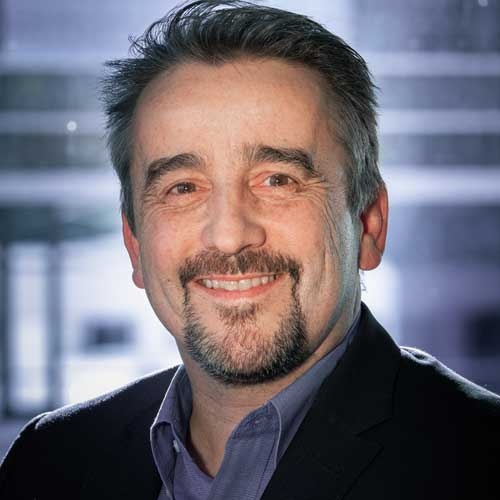Ministry of Economic Affairs invests over 13.3 million euros in two pilot lines
Aiwanger: "By participating in the two pilot lines, we are once again massively strengthening Bavaria as a microelectronics location"
The EU is massively expanding the infrastructure for microelectronics research with four so-called pilot lines as part of the European Chips Act. In Bavaria, four Fraunhofer Institutes are central partners for two of the pilot lines on the topics of "Advanced Packaging" (APECS pilot line) and "Wide Band Gap" (WBG pilot line). The Bavarian Ministry of Economic Affairs is investing around 80 million euros here with federal and EU funding. Bavaria's Minister of Economic Affairs Hubert Aiwanger: "Today, no modern industrial product can do without advanced microchips. By participating in the two pilot lines, we are once again massively strengthening Bavaria as a microelectronics location. Companies in Bavaria will gain access to the latest chip technologies through cooperation with the pilot lines. In terms of content, we are focusing on chip design, testing and power electronics - fields in which Bavaria already has outstanding expertise, thanks in part to the Bavarian Chip Design Center."
The funding of over 13.3 million euros from the Bavarian Ministry of Economic Affairs is a prerequisite for over 66 million euros in federal and EU funds to flow to Bavaria. In total, over 700 million euros in EU, federal and state funds are available for this investment in the future in the eight participating federal states.
The focus of the APECS (Advanced Packaging for Electronic Components and Systems) pilot line, which is mainly based in Germany, is on the integration of various technology components (e.g. state-of-the-art chips and sensors). This is particularly relevant for German industry. In Bavaria, the Fraunhofer Institute for Integrated Circuits IIS in Erlangen, the Fraunhofer Institute for Electronic Microsystems and Solid State Technologies EMFT in Munich and the Fraunhofer Institute for Applied and Integrated Security AISEC in Garching are involved. The work of the APECS pilot line focuses on chip design, analysis and testing and is also linked to the Bavarian Chip Design Center (BCDC).
The WBG pilot line aims to develop wide-bandgap (WBG) and ultra-wide-bandgap (UWBG) semiconductors in the fields of power conversion, energy efficiency, automotive, industry and healthcare. The Fraunhofer Institute for Integrated Systems and Device Technology IISB in Erlangen is the only German institute involved in this pilot line due to its outstanding expertise in the field of power semiconductors.



